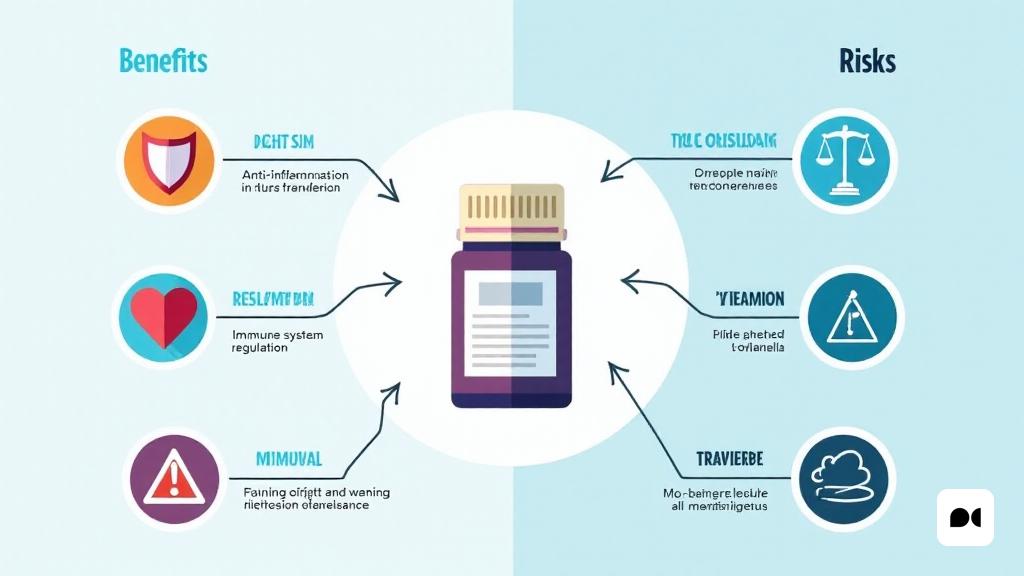Understand corticosteroids and their function
Corticosteroids are drugs that simulate the action of the hormones produced by the adrenal glands, mainly the cortisol. These substances are essential for the proper functioning of the body, as they regulate vital processes such as inflammation, metabolism and reaction to stress.
Clinically relevant applications
Thanks to their powerful anti -inflammatory action and immunosuppressive, corticosteroids are used in a wide range of medical situations. Here are some of its most prominent uses:
Chronic inflammatory diseases
Conditions such as rheumatoid arthritis, Crohn’s disease, and systemic lupus are treated with corticosteroids to control inflammation and associated symptoms.
Allergic and Respiratory Affairs
Corticosteroids are effective in handling affections such as allergic rhinitis and asthmatic crises, as well as severe allergic reactions such as anaphylaxis.
Dermatological conditions
Disorders such as psoriasis, eczema and hives can also be treated with these medicines to reduce inflammation and discomfort.
Autoimmune disease
In cases of autoimmune diseases, corticosteroids help moderate the immune reaction that attacks one’s body.
Medical emergencies
In emergency situations such as anaphylactic shock or acute adrenal insufficiency, corticosteroids can be vital to stabilizing the patient.
Routes of administration and considerations
Corticosteroids can be administered in a variety of ways, including oral via, injections, inhalations or topical applications. Despite its effectiveness, prolonged use may lead to significant side effects that require medical surveillance.
Potential side effects
The use of corticosteroids can lead to various adverse effects, which are detailed below:
Metabolic effects
Among the most common effects are weight gain, fluid retention and increased blood sugar levels, which can lead to diabetes.
Muscle and bone problems
The use of corticosteroids can lead to osteoporosis and muscle weakening, increasing the risk of fractures.
Impact on the immune system
Their immunosuppressive action can make patients more susceptible to infections.
Effects on the skin and hormonal
Corticosteroids can cause more fragile skin, easy hematomas and hormonal disorders, including adrenal insufficiency in severe cases.
Psychological aspects
Some patients may experience anxiety, insomnia or mood changes, and in extreme situations, even psychosis or depression.
Strategies for safe use
In order to minimize risks associated with corticosteroid treatment, it is essential to follow the medical directions with rigor. This includes the use of the lowest possible dose, avoiding abrupt interruptions in treatment, and maintaining a diet rich in calcium and vitamin D.
In addition, periodic reviews are crucial in early detecting any adverse effects that may arise.

